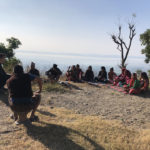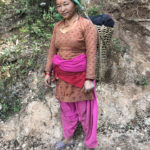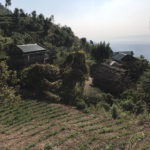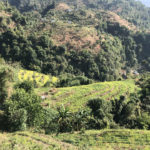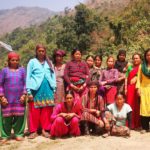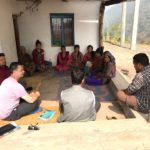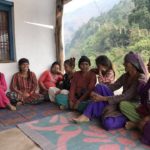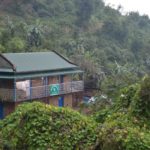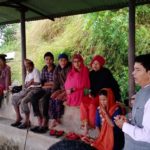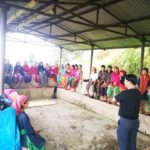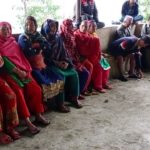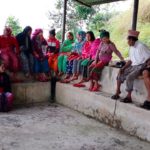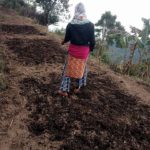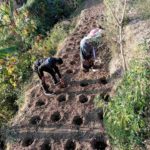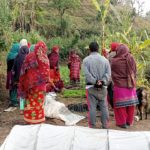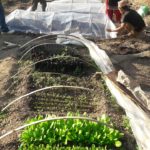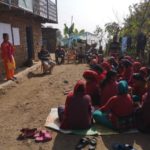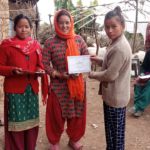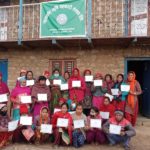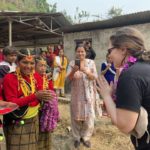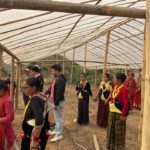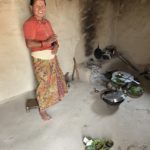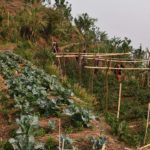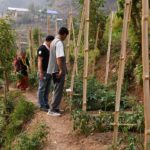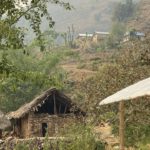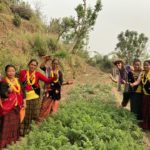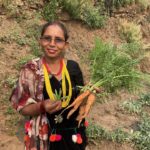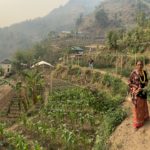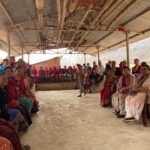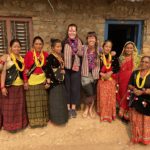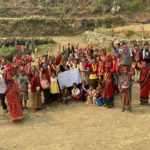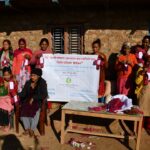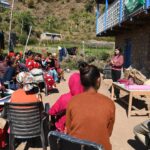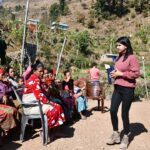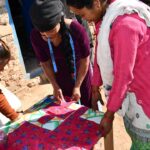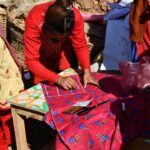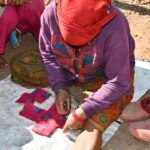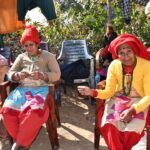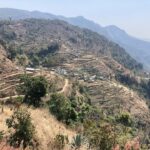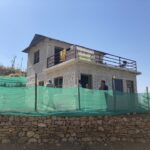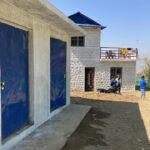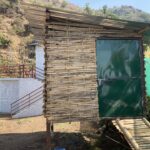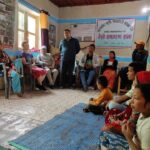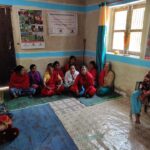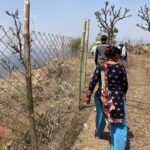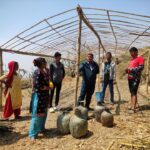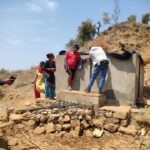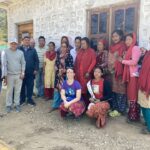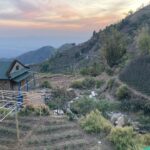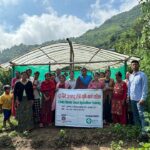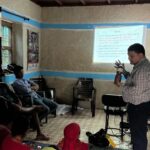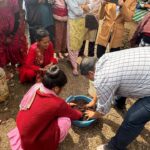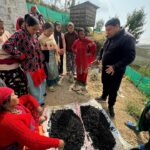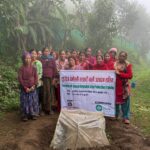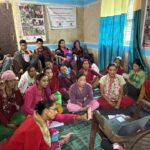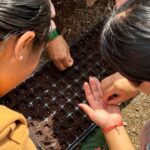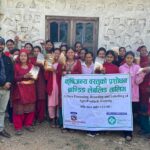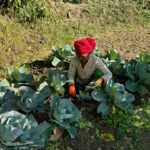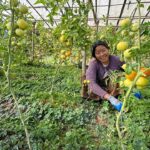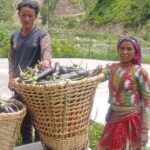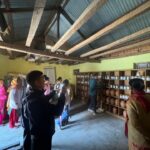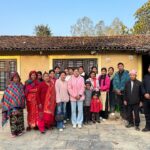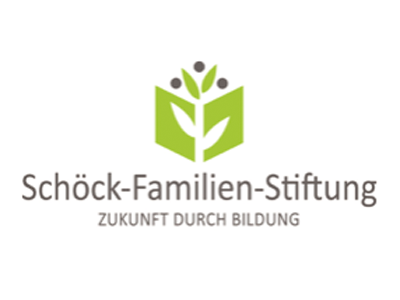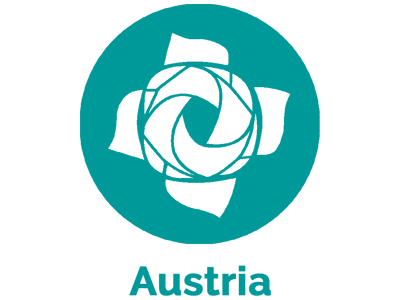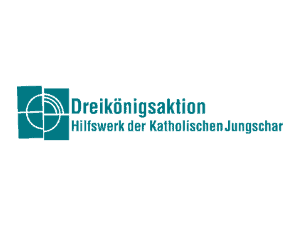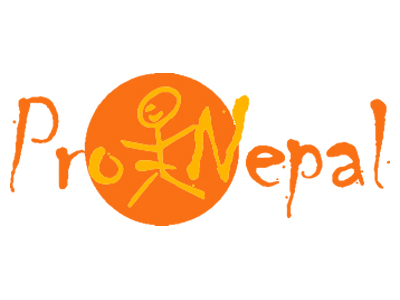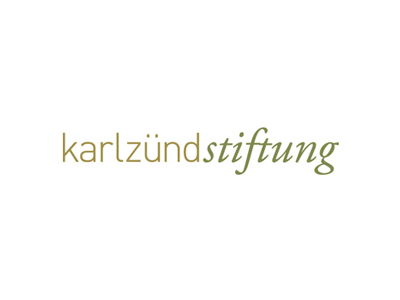Mulkot, Dang
ORGANIC MODEL FARM
Sustainable Livelihood

Place
Mulkot,
Ward-4,
Tulsipur Sub-Metropolitan City,
District Dang

Who
Implementation: Chay Ya Nepal, local village community

Partners
Schöck-Familien-Stiftung,
Chay Ya Austria,
Rotary Club,
Pro Nepal,
DKA,
Karl Zünd Stiftung

When
2021 - 2025

For
45 - 50 households

Status
Completed and handed over to the cooperative
Project
Located in the south-west of Nepal at an altitude of only 1,400 m, Mulkot offers the best climatic conditions for a model farm for vegetable cultivation. Many thanks to the Schöck-Familien-Stiftung gGmbH, who are supporting this project.
Most of the inhabitants of Mulkot belong to the Magar ethnic group and are characterized by poverty. They survive primarily on subsistence farming, and the lack of diversity means that children in particular suffered from malnutrition and undernourishment. The local population reported a lack of income and opportunities to generate it. There was no infrastructure to sell home-grown produce, as not enough food was produced in the first place and the women did not know how to sell the products. The Covid-19 pandemic had made the situation even worse.
Since the local women had heard about the great success of our organic model farm project in Ghunsa at the inauguration of a school we had built in the area in 2019, they regularly asked the office whether we could start a similar project in their region. As proof of their motivation, the village community independently obtained the necessary permits for the project from the authorities and also received a grant of € 3,000 from the Nepalese government for the period after the end of the project.
After a slight Covid-related delay, a model farm was set up by 2023 and around 50 local women were trained in vegetable growing practices and animal husbandry, as well as bookkeeping, management and hygiene in several workshops and training sessions. They can now all apply the agricultural practices they have learned in their own fields. A women’s cooperative has been founded and registered and leaders are regularly elected. Two of the women even receive a small salary for their organizational work.
In addition to improving the food security of local families and combating malnutrition among children and adults, the sale of the surplus is now also intended to sustainably increase household income. This should enable the further emancipation of women in Mulkot in the long term.
Updates
April 2022
Good news: Pro Nepal and the Rotary Club could be won as additional supporters and so we can expand our organic model farm: In addition to the creation of a seed database for local plant species and the establishment of a tree nursery, Boer goats will also be acquired to create further sources of income and even more food security for the women and their families.
Unfortunately, global companies like Monsanto have a big influence in Nepal as well and so the traditional-local plant species by now only count for 15 %! Yet the foreign hybrid seeds quickly make the soil infertile and come at the expense of losing plant diversity. To counteract this, we want to create a plant seed database to disseminate local knowledge again. In addition, the cooperative will start a nursery for apricot, lemon, avocado and peach trees, as a demonstration site for the region as well as to process the fruit for sale.
Acquiring Boer goats for the cooperative will create useful fertilizer for the fields and bring further security to the food supply and sales due to the particularly high meat content of this breed (goat milk is traditionally not consumed in Nepal). Cross-breeding with local goats should produce an optimally adapted breed. The women will receive workshops and training on husbandry, marketing, sustainable cultivation and sales to enable them to stand on their own two feet after one year.
December 2023
We have achieved considerable success in the first two phases: The community is highly motivated and actively involved. The women are successfully producing various types of vegetables and have already increased their income.
Phase III, supported by the Karl Zünd Foundation and DKA, focuses on expanding and improving the farm. In addition to the establishment of a seed bank and the expansion of lemon tree cultivation, this also includes the development of an irrigation system and the improvement of goat breeding. Training in ecotourism and women’s health is also offered.
A key objective of this phase is to open up market access to enable the women of Mulkot to sell their products in cities. Marketing training and the purchase of a rickshaw for transportation are part of these efforts.
April 2024
Another piece of land has been rented and is currently being fenced off so that the harvest cannot be eaten by animals. A building for the seed bank, including two rooms and a shower with toilet for eco-tourism, has been erected and we have already been able to test it. The three Boer goats have been given a small shelter and the first harvest of the year has already been brought in. We are now working on building a small reservoir above the village to ensure that the fields can also be irrigated outside the rainy season. The women’s questions and problems were discussed with an expert and further requests were recorded.

